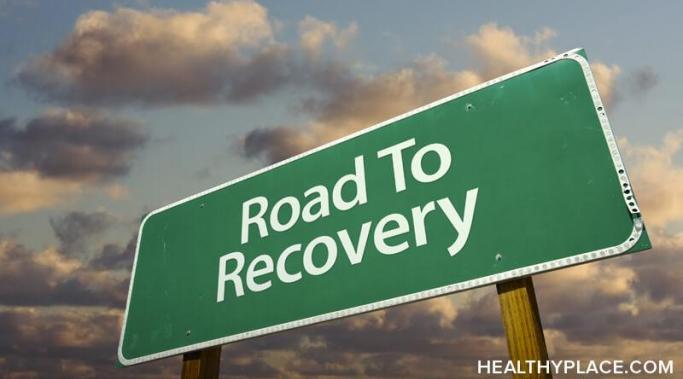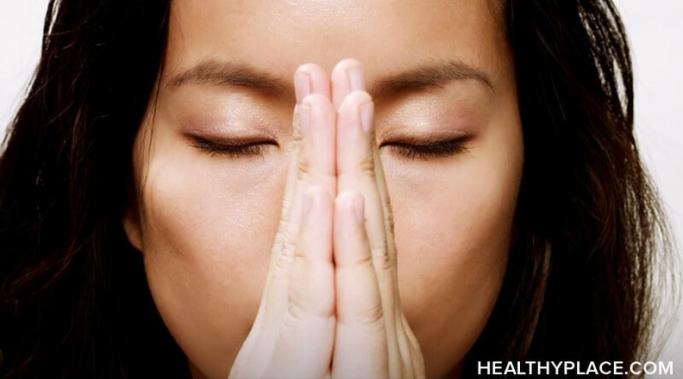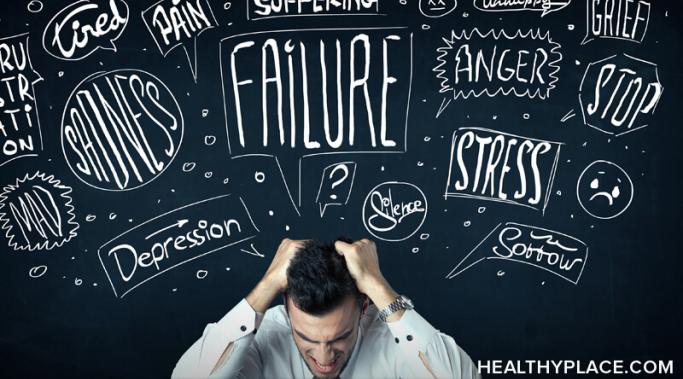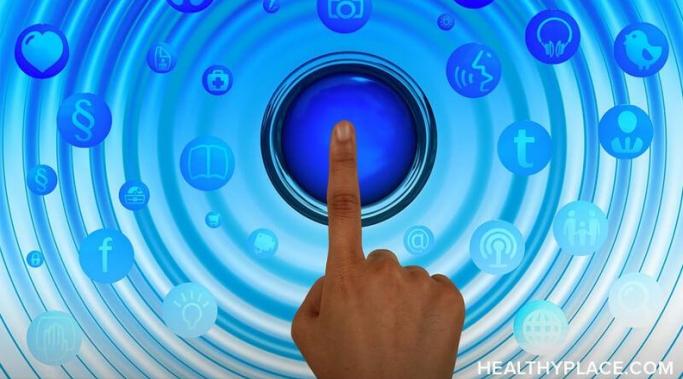Finding the right self-harm psychology tools is vital for creating a sustainable path forward into long-term recovery. Today, I want to share a few of the tools that I've personally found particularly useful over the years.
Self-Injury Treatment
Music can be an excellent tool to regulate and process difficult emotions. It can also serve as a self-harm distraction and a temporary escape into a world of sounds and rhythm. Research also suggests that music can help you develop greater self-awareness, which is essential for long-term self-harm management.
It can be hard to imagine what self-harm recovery will look like in the long term when you're only just beginning your healing journey. I can't tell you exactly where your self-injury recovery path will lead you—but I can tell you what mine has looked like over the past decade.
Practicing gratitude may not seem like an effective tool for preventing self-harm. Indeed, when you’re in distress, feeling thankful for seemingly trivial things can feel nearly impossible or even aggravating to your self-harm thoughts. However, research shows that expressing gratitude regularly can rewire our brains and improve mental health. It can also serve as a protective factor for suicidal ideation and self-injury.
Today is my birthday. I usually travel somewhere and pretend the day doesn't exist. However, this year I'm in lockdown, so I have to face the fact that I got a year older. I decided to practice gratitude and celebrate all the little achievements that made me who I am today. For instance, I feel grateful that I can write for HealthyPlace as it helps me (and, hopefully, my readers) stop self-harm.
It can be frustrating, even frightening, to feel as if your thoughts are not entirely your own—to suddenly have a distressing idea or an image flash through your mind against your will. But what is the connection between self-harm and intrusive thoughts, and how can you break the vicious cycle they create?
Decluttering your home might seem like a daunting task, but it can also serve as a self-harm distraction and help you gain control over your emotions. There's no doubt, cleaning up and organizing your surroundings has a proven therapeutic effect on your mental health.
One of the most vital components of recovering from self-injury is learning to manage the urges that drive you to hurt yourself. Rarely is this as simple as relying on willpower alone to tell yourself "no." Enter self-harm urge surfing: a potential recovery tool that requires patience, rather than power, to use.
Technology can be both a curse and a blessing. On the one hand, many time-stealing apps might be detrimental to mental health in the long run, but, on the other hand, occasional gems like the Calm Harm app provide a much-needed distraction when the urge to self-harm strikes.
The year 2021 has now officially kicked off, and many of us have set out to become self-harm-free. However, New Year's resolutions alone won't be enough to get us there. It's crucial to develop a practical self-harm care plan that you can reach out for in time of crisis.









